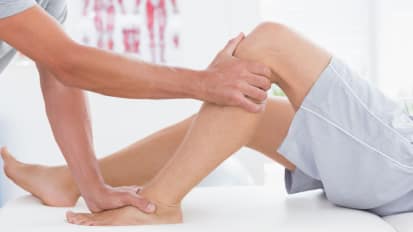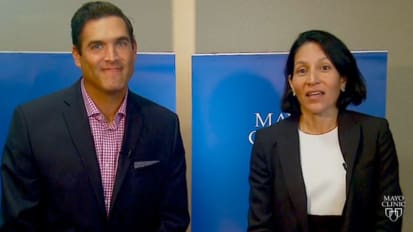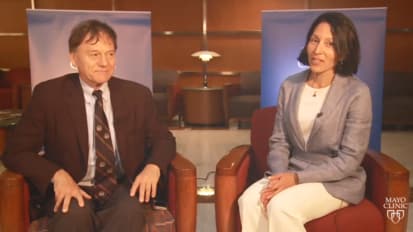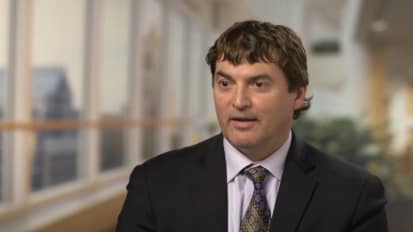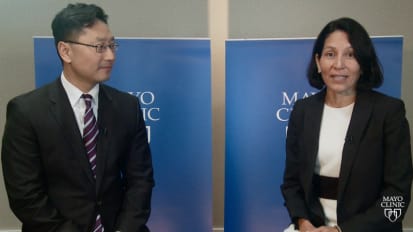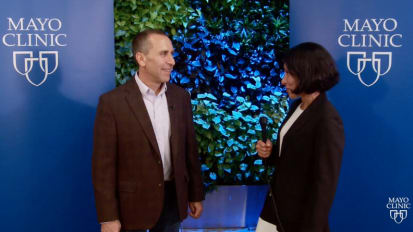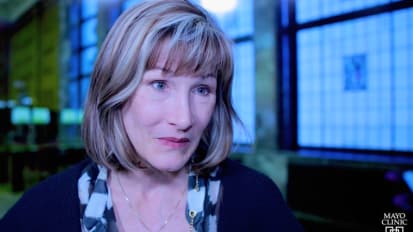Nathan K. LeBrasseur, M.S., Ph.D., associate professor and co-chair of research in the Department of Physical Medicine and Rehabilitation, Mayo Clinic College of Medicine, discusses age- and disease-associated muscle loss. Most of us will lose 30 percent of our muscle mass between our 40's and 80's, and that has severe implications for our physical function, susceptibility to diabetes and resiliency to multiple forms of stress. Improving muscle health is important. In addition to exercise, he is also researching the muscle-derived protein myostatin. It is a negative regulator of muscle mass. If its activity is not regulated, it can actually cause deterioration and wasting of skeletal muscle. He and other researchers are looking at ways to block myostatin activity to increase muscle mass and, in turn, improve strength, physical function, and whole-body metabolism, and reduce frailty, in people with poor muscle health due to aging and chronic disease.
Related Videos
